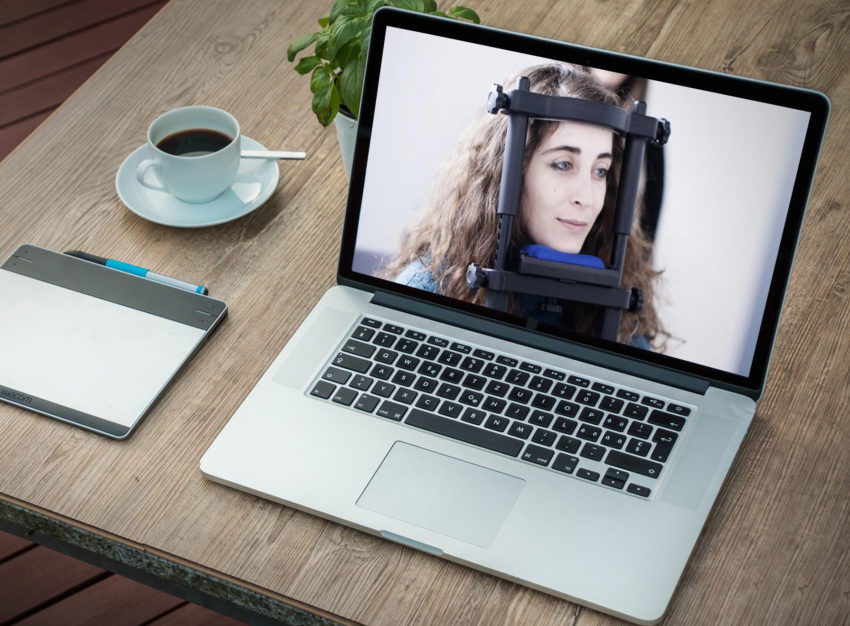The aim of a new study by the Basque Center on Cognition, Brain and Language (BCBL) in Donostia, in collaboration with the Donostia University Hospital and the Biogipuzkoa Health Research Institute (IIS Biogipuzkoa), is to find the origin of prosody (the ability to interpret and distinguish the intonation of anger, joy, exclamations or questions) and its faults, as well as to understand how it works at brain level in healthy people and those with neurological damage.
«We will study the phases involved in the interpretation of intonation with the idea of observing what influence a deficit in this function can have on speech comprehension and which brain region is most closely related to prosody,» explains Giada Antonicelli, BCBL researcher. As the expert adds, it is traditionally believed that emotional prosody is processed in the right hemisphere of the brain, while linguistic prosody is processed in the left. «This hypothesis is not supported by current evidence, which indicates a more complex distribution of prosody-related functions,» she says.
Healthy and brain-damaged participants
The BCBL researchers will analyse the interpretation of prosody in two groups of participants: on the one hand, patients with brain damage from the Neurology Service of the University Hospital of Donostia, which is collaborating in the study; and, on the other, healthy people over the age of 18. To do so, the experts will measure the behavioural and neuronal response of the participants through behavioural tests and magnetoencephalography (MEG), a non-invasive technique that detects the magnetic field produced naturally by the electrical activity of the brain.
The major novelty of the research lies in studying prosody in people with brain lesions using not only MEG, but also a statistical analysis technique called cortical tracking, which estimates the synchronisation between auditory stimuli and activity in the cerebral cortex.
The results of the BCBL project, funded by the Spanish Ministry of Science and Innovation, will increase knowledge about the origin of prosody deficits and could help to guide rehabilitation therapies in people who have suffered a stroke, for example, and make them more effective.


